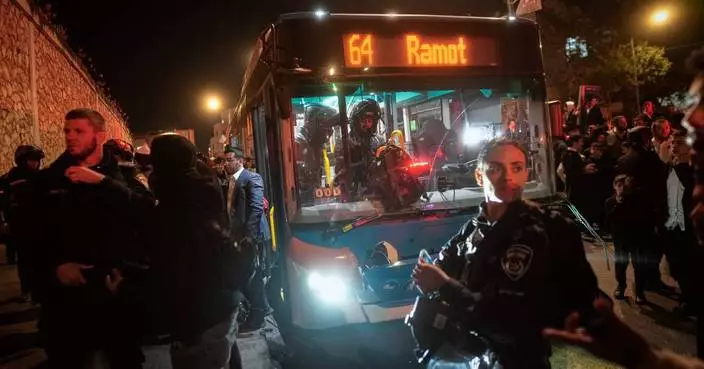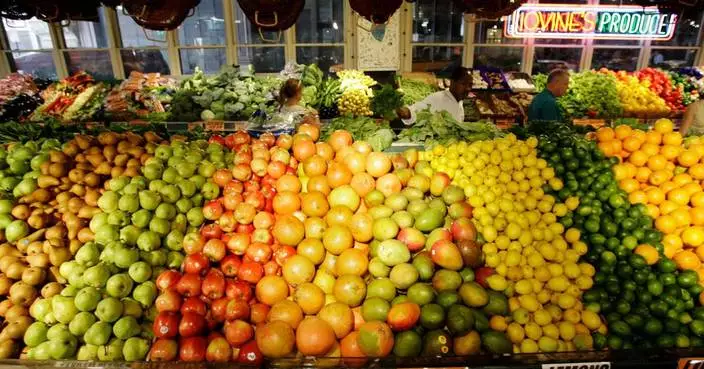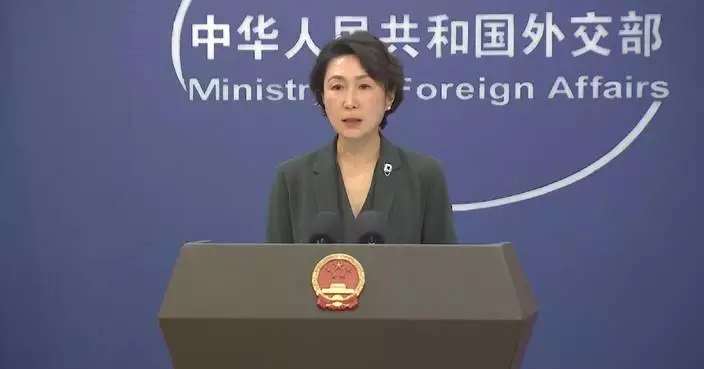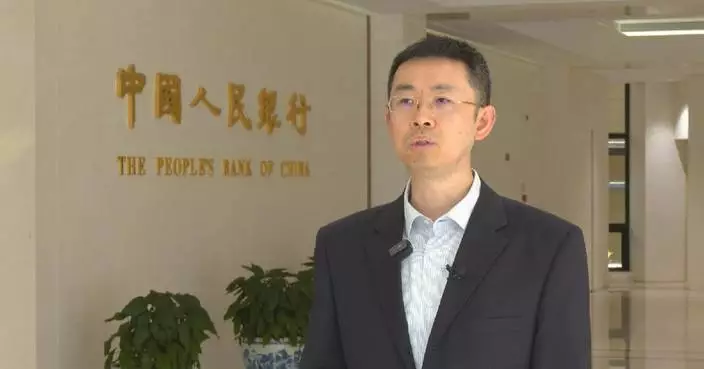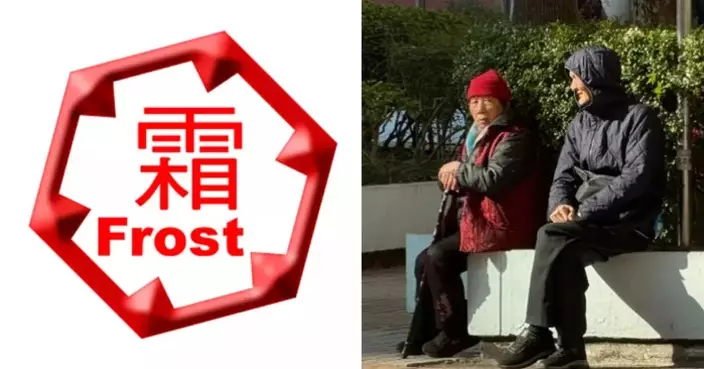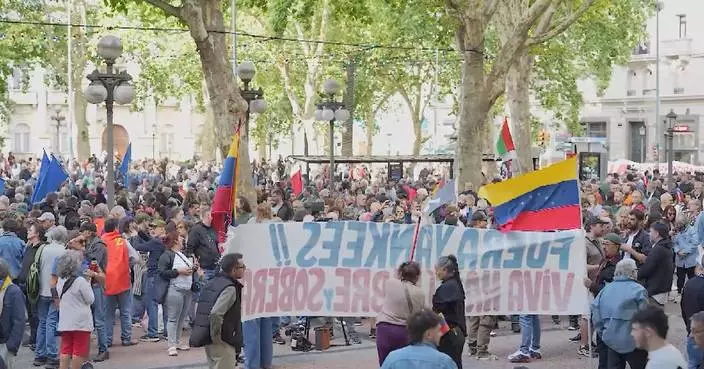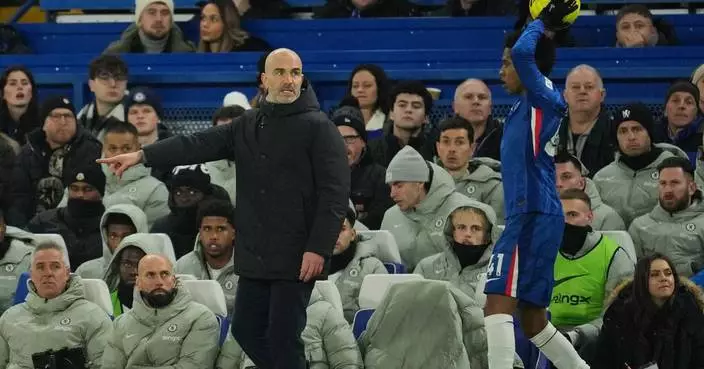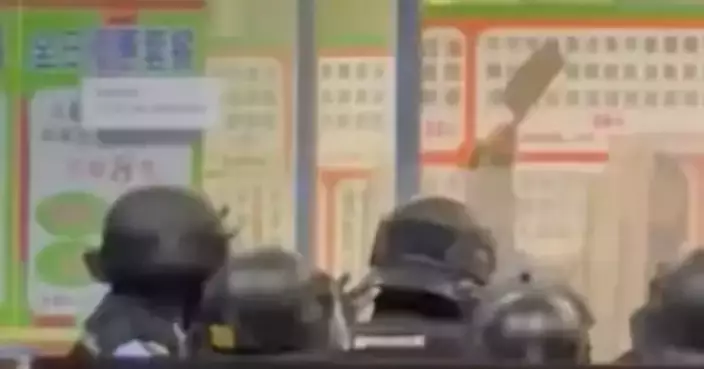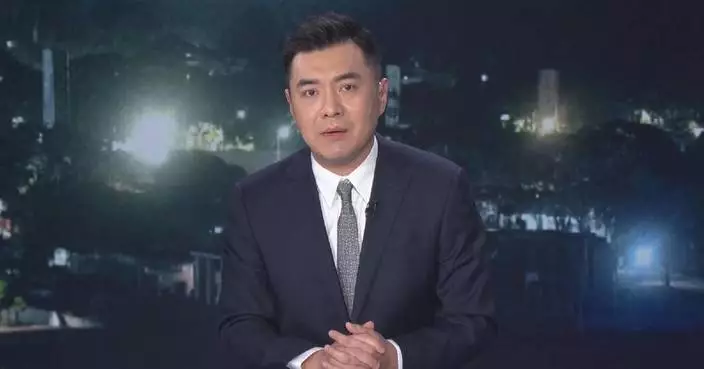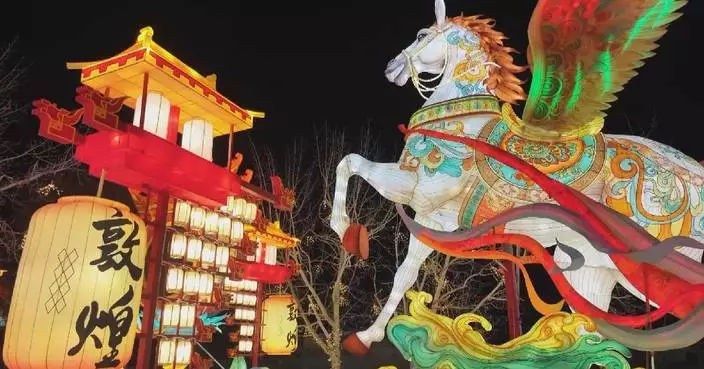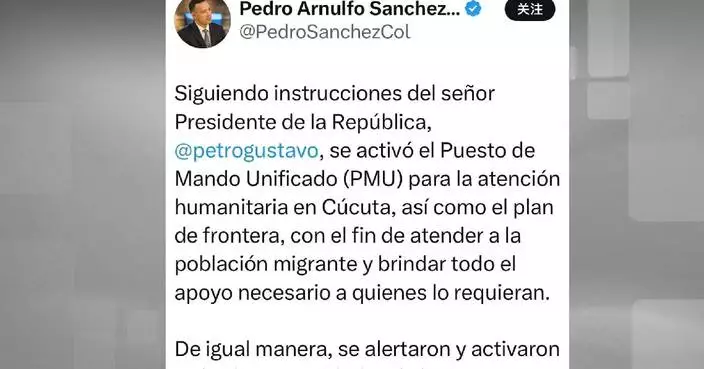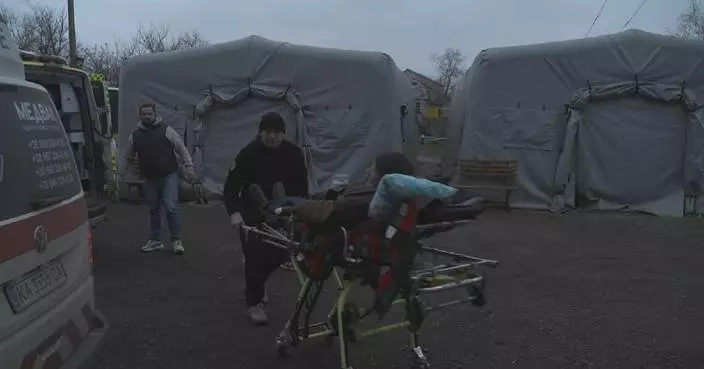Feature · News
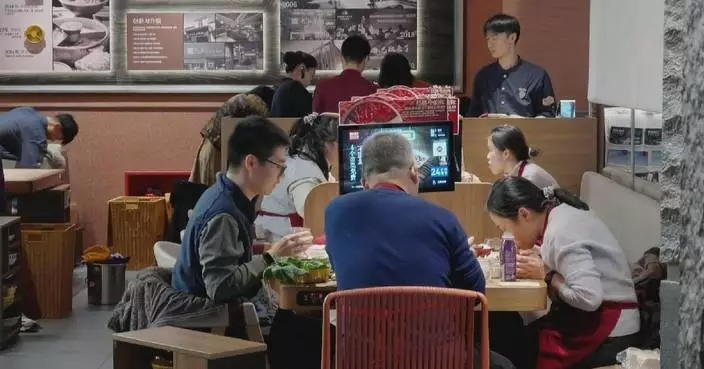
Shanghai blends shopping with cultural themes to boost winter spending

Winter storms bring snow, ice and school and road closures to New England. More bad weather's coming
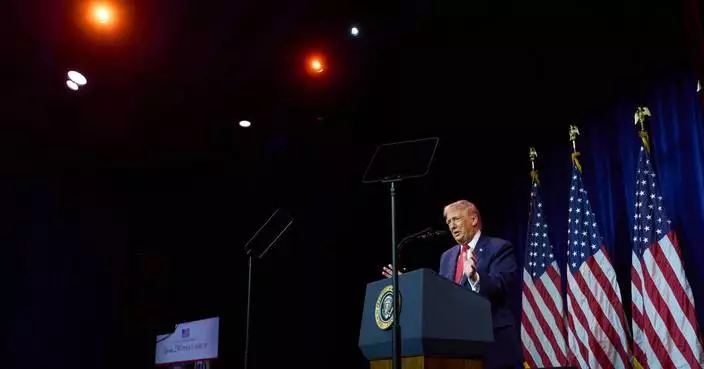
Trump says he wants to ban large investors from buying houses. It's part of his affordability plan
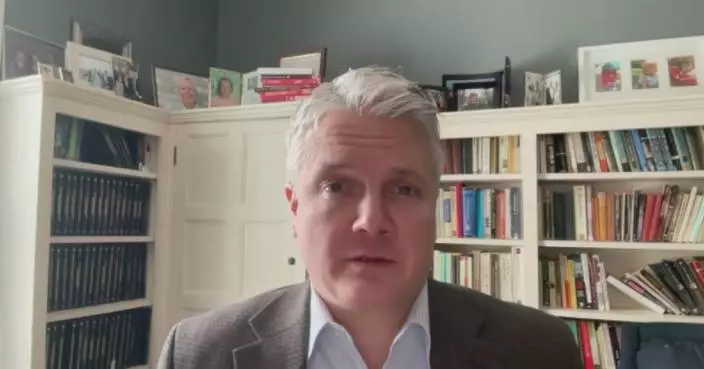
U.S. actions in Venezuela have no justification under international law, UN Charter: scholar
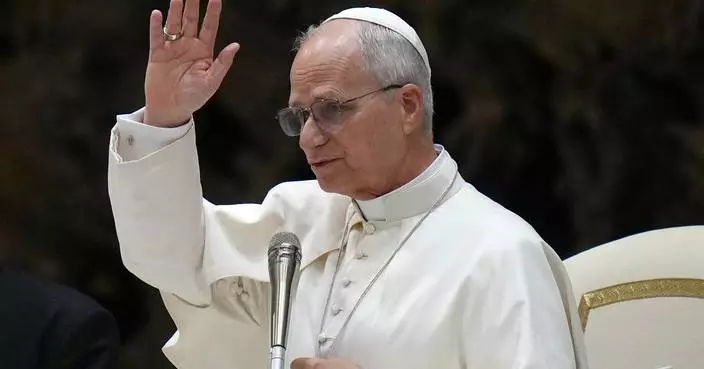
Pope convenes cardinals and asks their priorities for 2 years, with Latin Mass off the agenda

International mayors gather in Harbin to explore ice and snow economy

2025 among warmest years on record: China Climate Center
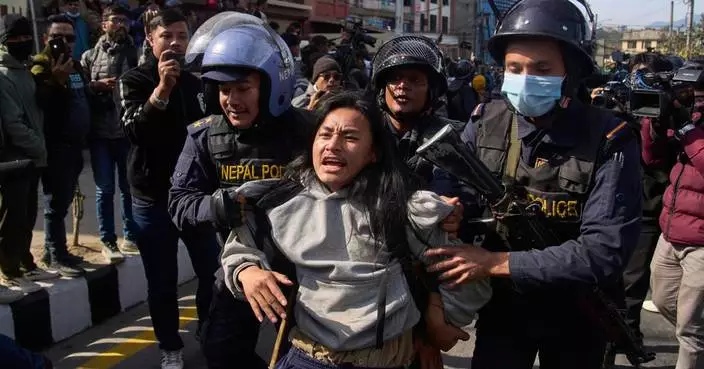
Gen Z activists who toppled Nepal's government are frustrated with the leaders they brought to power

Snow and ice ground flights and choke highways in parts of Europe
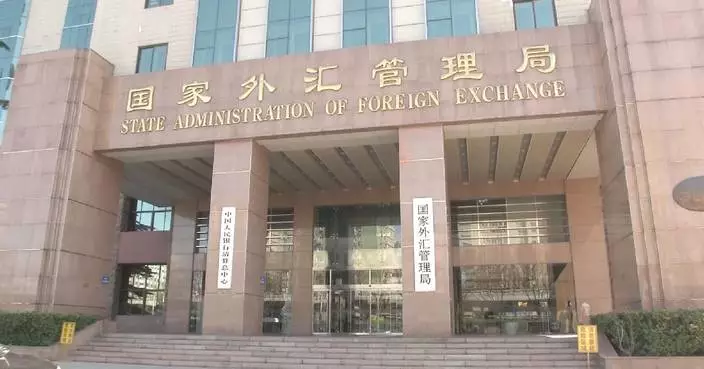
China's foreign exchange reserves rise in December 2025

CalPERS’ Former General Counsel Joins Plaintiffs’ Powerhouse Lieff Cabraser Heimann & Bernstein LLP
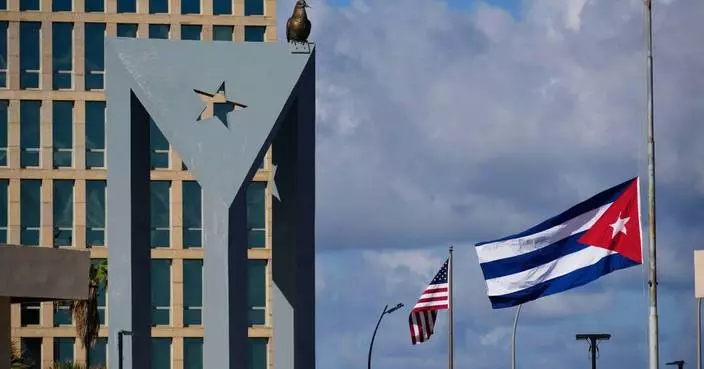
Mexico becomes crucial fuel supplier to Cuba but pledges no extra shipments after Maduro toppled
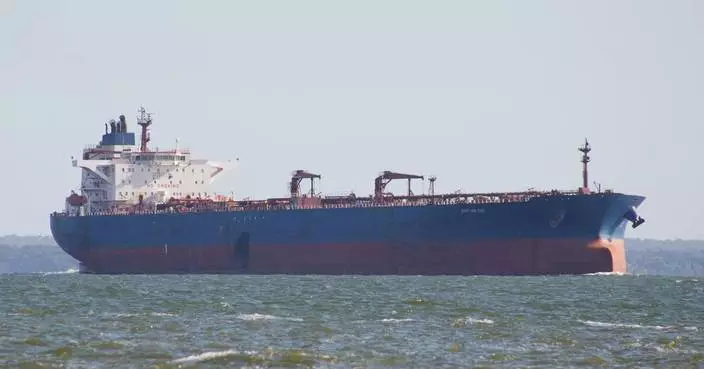
Why the US has designs on Venezuela's oil
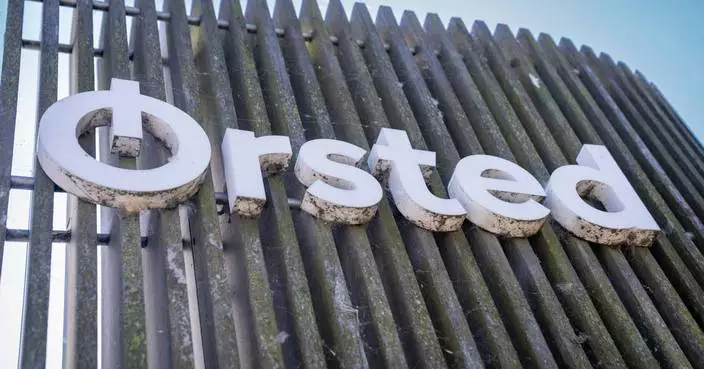
Trump’s offshore wind project freeze draws lawsuits from states and developers
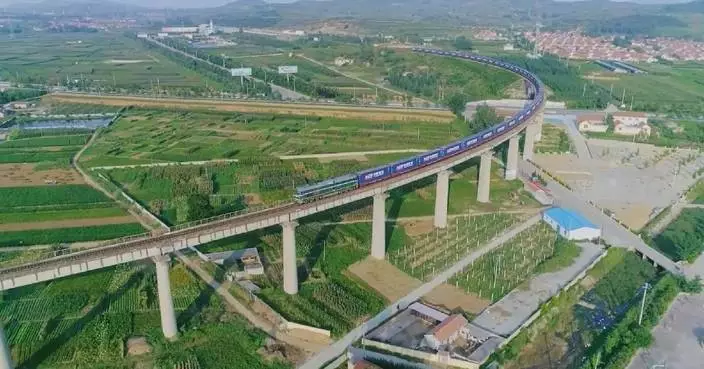
China-Europe freight trains make more than 20,000 trips in 2025

Trump threats against Greenland pose new, potentially unprecedented challenge to NATO
2025 among warmest years on record: China Climate Center

Gen Z activists who toppled Nepal's government are frustrated with the leaders they brought to power

Snow and ice ground flights and choke highways in parts of Europe
China's foreign exchange reserves rise in December 2025
Shanghai blends shopping with cultural themes to boost winter spending

Winter storms bring snow, ice and school and road closures to New England. More bad weather's coming

Trump says he wants to ban large investors from buying houses. It's part of his affordability plan
U.S. actions in Venezuela have no justification under international law, UN Charter: scholar

Pope convenes cardinals and asks their priorities for 2 years, with Latin Mass off the agenda
International mayors gather in Harbin to explore ice and snow economy

CalPERS’ Former General Counsel Joins Plaintiffs’ Powerhouse Lieff Cabraser Heimann & Bernstein LLP

Mexico becomes crucial fuel supplier to Cuba but pledges no extra shipments after Maduro toppled

Why the US has designs on Venezuela's oil

Trump’s offshore wind project freeze draws lawsuits from states and developers
China-Europe freight trains make more than 20,000 trips in 2025

Trump threats against Greenland pose new, potentially unprecedented challenge to NATO
Feature·Bloggers

【What Say You?】Trump's Judicial Theater: Maduro's Fate Already Sealed

【Deep Throat】Trump's Venezuelan Oil Grab: Big Oil Not Playing Along?

The Most Laughable Lie of the New Year: Jimmy Lai's "Grave Illness" Falls Apart Under Five Hard Facts

【What Say You?】Black Riots “comrades” Thought Ukraine Was Another “Resistance”—Then the Contract Hit

【Bastille Commentary】Green Nails? The Lie No Lawyer Would Touch
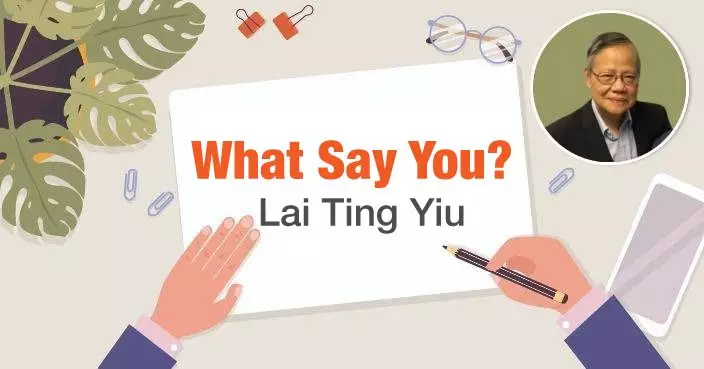
【What Say You?】How Jimmy Lai's Right-Hand Man Ran a Corporate Shakedown Operation
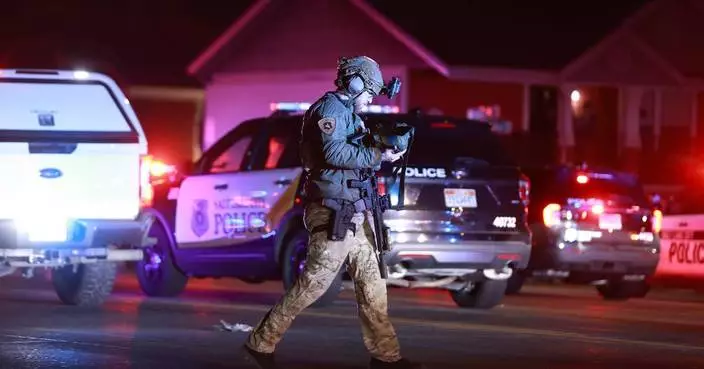
2 killed in shooting in Mormon church parking lot in Salt Lake City
- Rep. Steny Hoyer, the longest-serving House Democrat, to retire at the end of term
- Pacific Prime Dubai Was Awarded AXA/Daman Market Excellence Award
- Saudi Arabia alleges UAE smuggled wanted Yemen separatist leader out of the country
- Woman killed by ICE agent in Minneapolis was a mother of 3, poet and new to the city
- President Petro's clash with Trump over Venezuela backs Colombia into a corner
- Josh Shapiro to run for 2nd term as Pennsylvania governor, trailed by talk of a 2028 White House bid
- Harvey Weinstein says jurors were bullied into convicting him. A judge is set to rule
- Mourners mark a year since Los Angeles wildfires, in photos
- ICE officer kills a Minneapolis driver in a deadly start to Trump's latest immigration operation
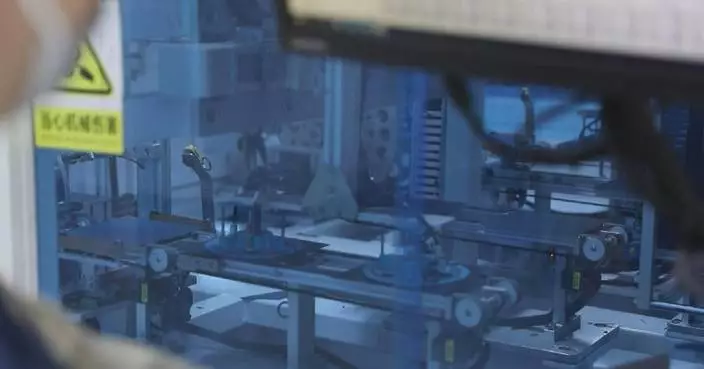
China aims for secure, reliable supply of AI core tech by 2027
- UN report condemns Israel's "apartheid" practices in West Bank
- U.S. quits 66 int'l organizations under Trump's order
- Ukraine holds third meeting with U.S. delegation in Paris
- Colombians worry about escalating tensions as government militarizes border with Venezuela
- UN chief says ready to offer good offices to support possible dialogue in Venezuela
- Russia condemns U.S. seizure of Russian-flagged oil tanker
- Caracas airport resumes operation amid fear from U.S. strike
- Mild climate, policy support, new experiences attract more tourists worldwide to Guangdong
- Night-time economy thrives in Beijing as more consumers head out after-dark

Astronergy Launches ASTRO N7 Pro to Unleash Pro Performance
- CHAGEE Releases "2025 Year-End Tea Friends Review": Global Stores Span 8 Countries Across 2 Continents, Annual Tea Procurement Exceeds 10,000 Tons
- Kenanga Investors Launches Kenanga Growth Fund Series 3
- XTransfer Hits 800,000+ Global Clients
- Salcomp's Debut on CES 2026
- Courtyard by Marriott Phuket, Patong Beach Resort: The Ultimate Family-Friendly Destination in 2026
- Hisense Debuts 116UXS and XR10, Advancing RGB MiniLED into a New Era at CES 2026
- Dose of uncertainty: Experts wary of AI health gadgets at CES
- US seeks to assert its control over Venezuelan oil with tanker seizures and sales worldwide
- STARMED Unveils New Brand Identity to Drive Global Multi-Modality Strategy
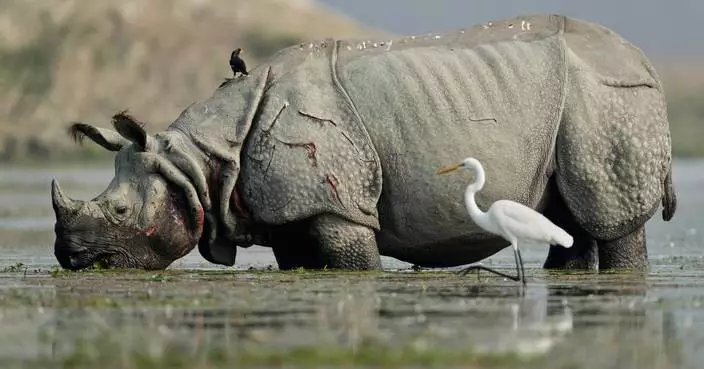
Photos show migratory birds after their arrival at an Indian wildlife sanctuary
- Philippines evacuates 3,000 people after activity increases at Mayon Volcano
- House takes step toward extending Affordable Care Act subsidies, overpowering GOP leadership
- Entertainment leaders amp up discussions about AI, creators and innovative tech at CES 2026
- At CES, auto and tech companies transform cars into proactive companions
- The coolest technology from Day 2 of CES 2026
- Musk's AI chatbot faces global backlash over sexualized images of women and children
- The most interesting tech we saw on day one of CES
- Here's what to know about the unprecedented changes to child vaccine recommendations
- Hyundai and Boston Dynamics unveil humanoid robot Atlas at CES
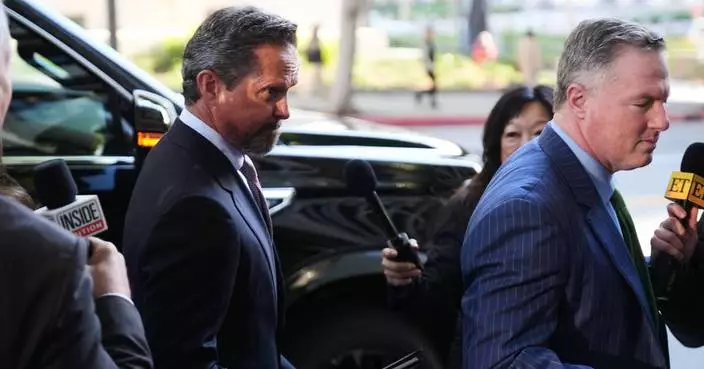
Attorney for Rob Reiner's son resigns but says his client is not guilty of murder under state law
- NFL sees 2nd-highest regular season average viewership since 1988 at 18.7 million, up 10% from 2024
- Millions celebrate Orthodox Christmas on Jan. 7, following ancient traditions
- Saint-Tropez bids adieu to Brigitte Bardot with a funeral and public homage
- Golden Globes host Nikki Glaser struggles with Julia Roberts and Venezuela while building monologue
- No snow, no problem: The plastic slope surrounded by sheep that produced Britain's top skier
- Actor Awards, formerly SAG Awards, will announce nominations Wednesday
- Photos show Carnival celebrations in the Colombian city of Pasto
- Rapper Tekashi 6ix9ine reports to NYC lockup where Nicholas Maduro and Luigi Mangione await trial
- Nicole Kidman and Keith Urban are officially divorced after 19 years of marriage

Moore and Murphy help the Blackhawks beat the Blues 7-3 for their 4th straight win
- Stephen Curry, Jimmy Butler lead Warriors past Bucks, 120-113
- Johnson and Wembanyama fuel Spurs to win over Lakers 107-91, despite Doncic's 38 points
- Mammoth beat Senators 3-1 hours after NHL awards Utah 2027 Winter Classic
- Australia wins Ashes series 4-1 with a five-wicket victory in Sydney
- Amber Glenn sets record at U.S. Figure Skating Championships, leads over world champ Alysa Liu
- Alexandre Texier has a goal and 2 assists in Canadiens' 4-1 win over the Flames
- Dodgers sign reliever Brusdar Graterol to $2.8 million deal after he missed 2025 season
- Graterol, Garrett and Wesneski agree to contracts, leaving 166 set to swap salaries with teams
- Saunders scores career-high 31 points as No. 9 BYU routs Arizona State 104-76

Seat Belt Laws and Mobile Device Restrictions Start January 25 for All Public Transport Passengers.
- Ombudsman Reports 32 Recommendations for Hong Kong's Landslide Prevention and Government Slope Management Improvements
- Health Bureau Announces Comprehensive Medical Support for Wang Fuk Court Fire Victims in Tai Po.
- Health Authorities Urge Vulnerable Groups to Take Precautions Amid Cold Weather
- Hong Kong Introduces Online Same-day Queue Tickets for Driving License Applications Starting January 12
- Police Seek Help Finding Missing 47-Year-Old Man in Tseung Kwan O
- Hong Kong Customs Seizes 2.81 kg of Cannabis, Arrests Suspect in Fo Tan.
- Three men sentenced for importing duty-not-paid cigarettes and alternative smoking products in Hong Kong.
- Two drivers sentenced for importing duty-not-paid cigarettes in Hong Kong; significant penalties imposed for smuggling.
- Since the New Smoking Control Measures Took Effect, the Tobacco and Alcohol Control Office has conducted 885 Inspections and Issued One Fixed Penalty Notice in the Newly Expanded No-Smoking Areas
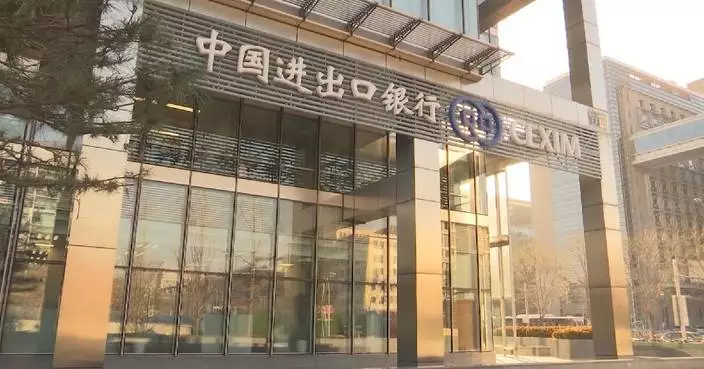
China EximBank lends 1.2 trl yuan to foreign trade sector in 2025
- ROK tea maker bridges cultures through passion for Pu'er tea
- China's 2026 subsidy scheme further spurs consumption for home appliances, smart products
- China’s visa-free policy, innovative market help strengthen bilateral ties: Irish Chamber of Commerce
- US attack on Venezuela aims to gain control of oil: former Bolivian diplomat
- Port Sudan emerges as Sudan's digital lifeline amid ongoing conflict
- Venezuelan bonds rally sharply with high risk
- PLA Air Force conducts first combat training in 2026
- Chinese AI applications take center stage at CES in Las Vegas
- China, Ireland strengthen higher education ties with new joint programs
Category · News

2 killed in shooting in Mormon church parking lot in Salt Lake City
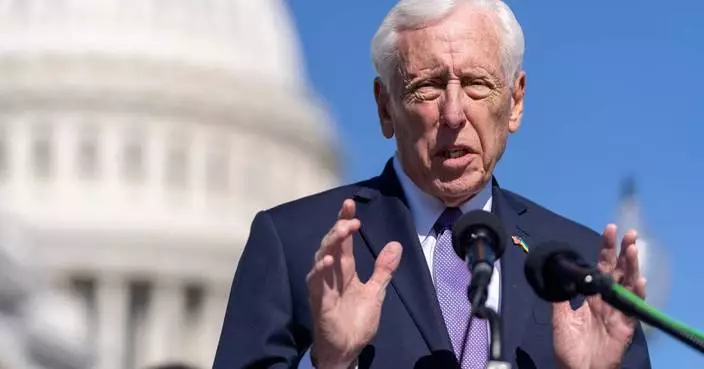
Rep. Steny Hoyer, the longest-serving House Democrat, to retire at the end of term

Pacific Prime Dubai Was Awarded AXA/Daman Market Excellence Award

Astronergy Launches ASTRO N7 Pro to Unleash Pro Performance

CHAGEE Releases "2025 Year-End Tea Friends Review": Global Stores Span 8 Countries Across 2 Continents, Annual Tea Procurement Exceeds 10,000 Tons
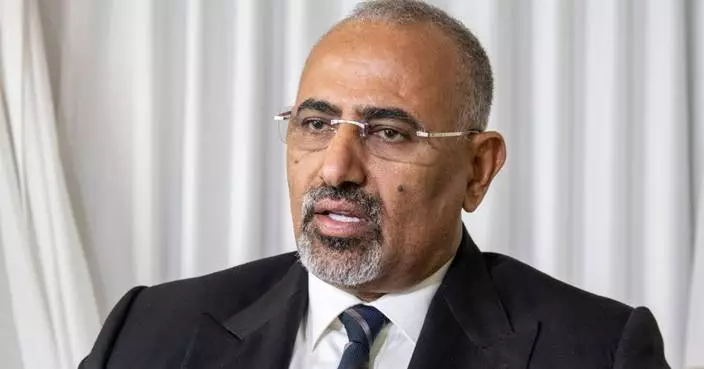
Saudi Arabia alleges UAE smuggled wanted Yemen separatist leader out of the country

Moore and Murphy help the Blackhawks beat the Blues 7-3 for their 4th straight win

Stephen Curry, Jimmy Butler lead Warriors past Bucks, 120-113

Johnson and Wembanyama fuel Spurs to win over Lakers 107-91, despite Doncic's 38 points
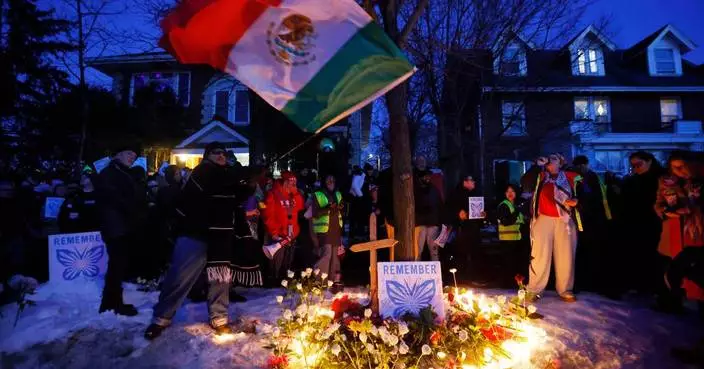
Woman killed by ICE agent in Minneapolis was a mother of 3, poet and new to the city

Mammoth beat Senators 3-1 hours after NHL awards Utah 2027 Winter Classic
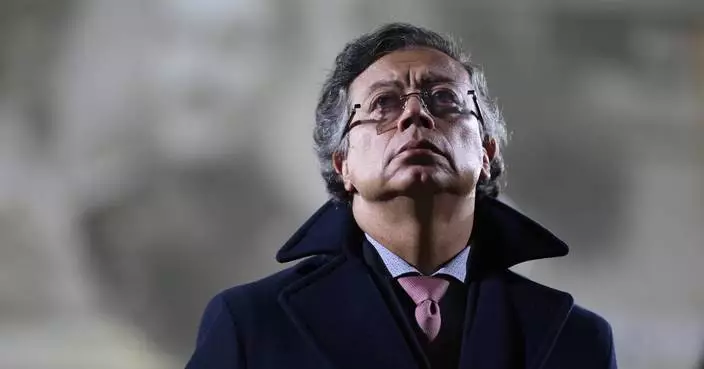
President Petro's clash with Trump over Venezuela backs Colombia into a corner
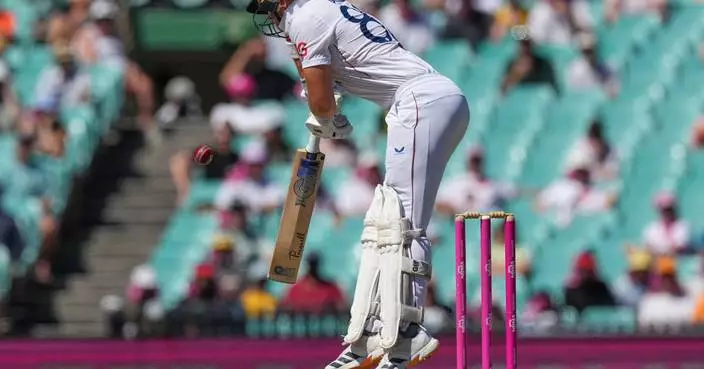
Australia wins Ashes series 4-1 with a five-wicket victory in Sydney

Seat Belt Laws and Mobile Device Restrictions Start January 25 for All Public Transport Passengers.

Josh Shapiro to run for 2nd term as Pennsylvania governor, trailed by talk of a 2028 White House bid
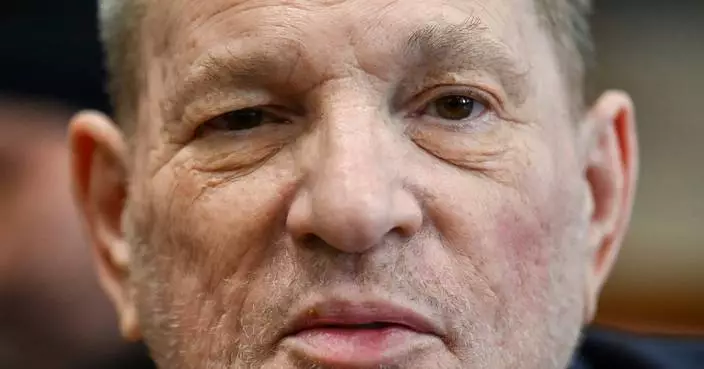
Harvey Weinstein says jurors were bullied into convicting him. A judge is set to rule
China aims for secure, reliable supply of AI core tech by 2027
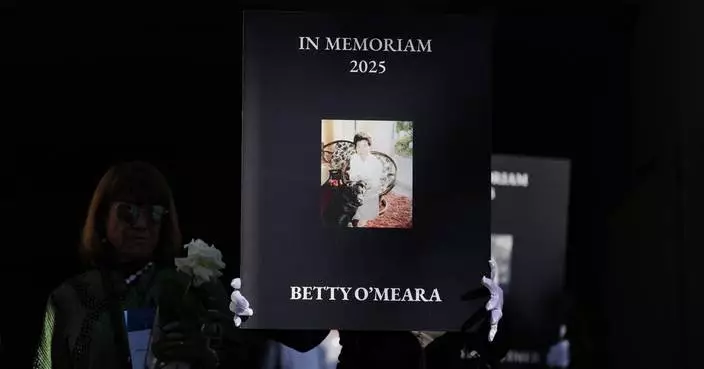
Mourners mark a year since Los Angeles wildfires, in photos

Amber Glenn sets record at U.S. Figure Skating Championships, leads over world champ Alysa Liu

Alexandre Texier has a goal and 2 assists in Canadiens' 4-1 win over the Flames

Dodgers sign reliever Brusdar Graterol to $2.8 million deal after he missed 2025 season

Graterol, Garrett and Wesneski agree to contracts, leaving 166 set to swap salaries with teams
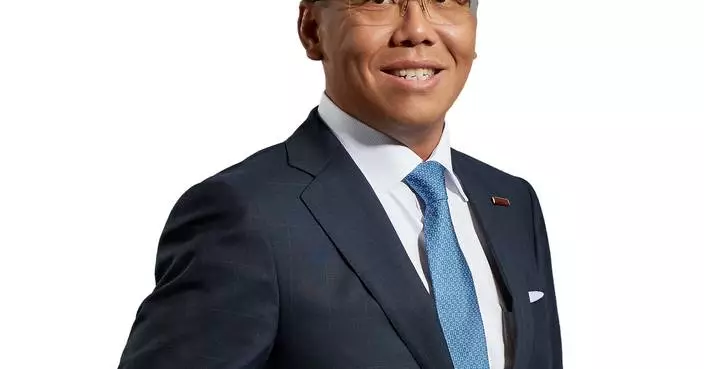
Kenanga Investors Launches Kenanga Growth Fund Series 3
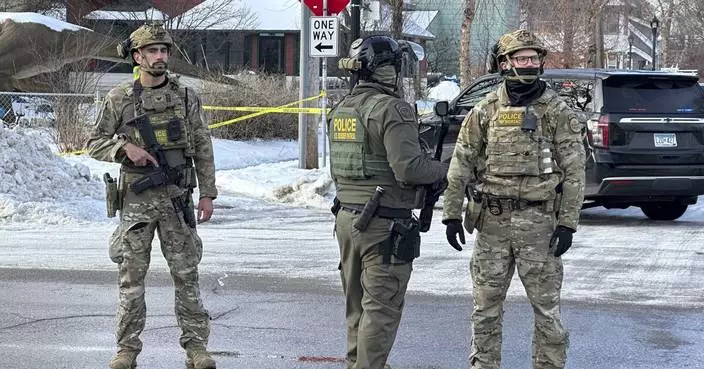
ICE officer kills a Minneapolis driver in a deadly start to Trump's latest immigration operation

Saunders scores career-high 31 points as No. 9 BYU routs Arizona State 104-76
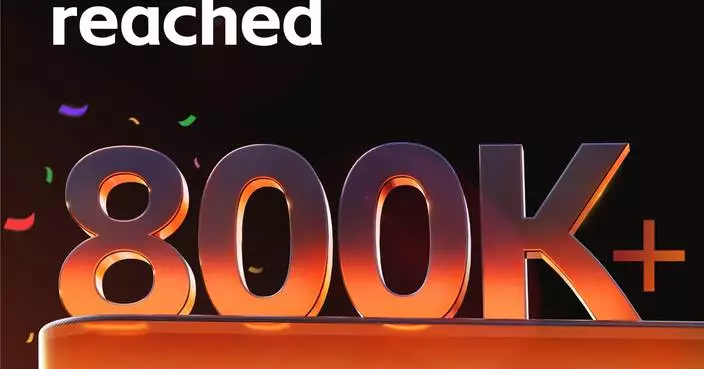
XTransfer Hits 800,000+ Global Clients
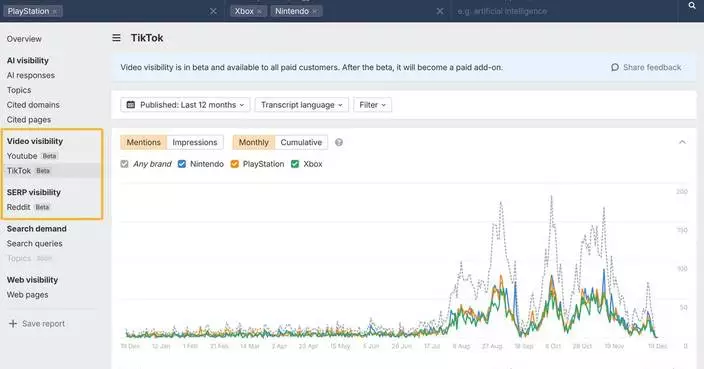
Ahrefs Adds YouTube and Reddit Tracking to Brand Radar
UN report condemns Israel's "apartheid" practices in West Bank

Salcomp's Debut on CES 2026

Steve Kerr's mom not happy with him for outburst leading to ejection

Gilgeous-Alexander scores 46 points as Thunder halt rare skid with OT win over Jazz

Courtyard by Marriott Phuket, Patong Beach Resort: The Ultimate Family-Friendly Destination in 2026
U.S. quits 66 int'l organizations under Trump's order

Hisense Debuts 116UXS and XR10, Advancing RGB MiniLED into a New Era at CES 2026

Towns bounces back with strong game as the Knicks beat the Clippers 123-111 to snap a 4-game skid

No. 3 Iowa State sets school record with 15-0 start after 70-60 win over Baylor

Hawks agree to trade high-scoring guard Trae Young to Wizards, AP source says

Embiid, George lead 76ers to a 131-110 win over Wizards, who acquire Trae Young in trade with Hawks
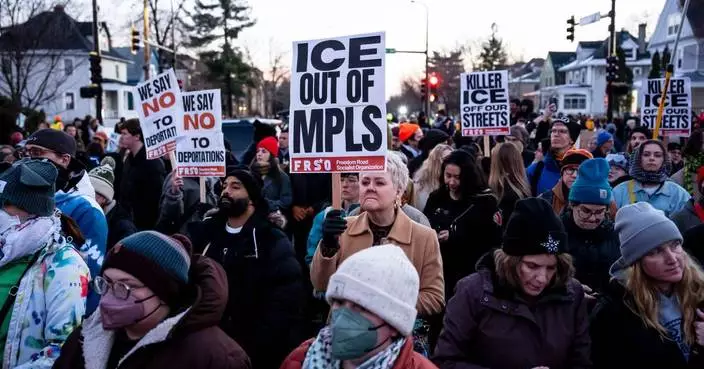
What to know about the fatal shooting of a woman by an ICE officer in Minneapolis

No. 4 UConn rallies past Providence late for 103-98 victory in overtime
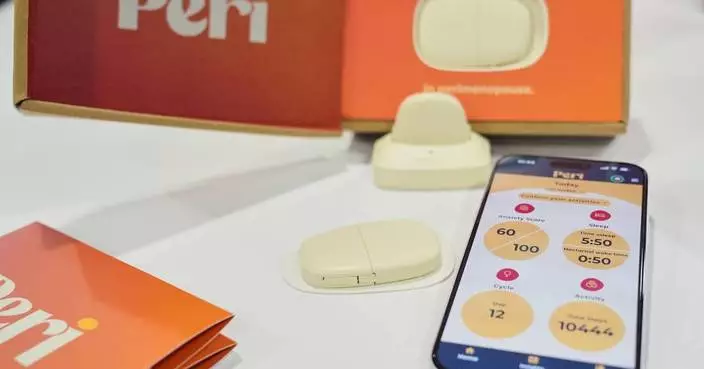
Dose of uncertainty: Experts wary of AI health gadgets at CES

Hawks roll to 117-110 victory over Pelicans as word of Trae Young-to-Wizards trade breaks
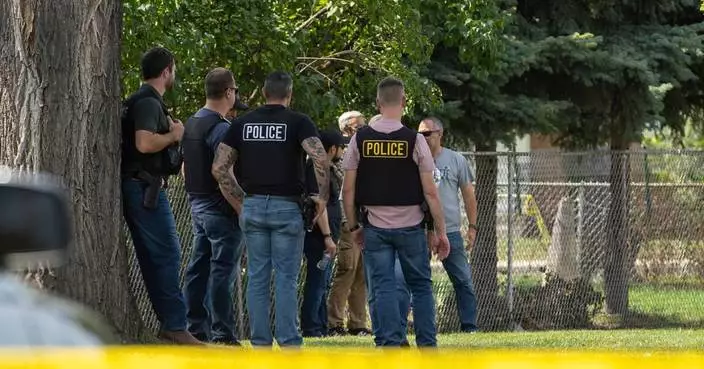
Driver shot in Minneapolis is at least the fifth person killed in US immigration crackdown
Ukraine holds third meeting with U.S. delegation in Paris
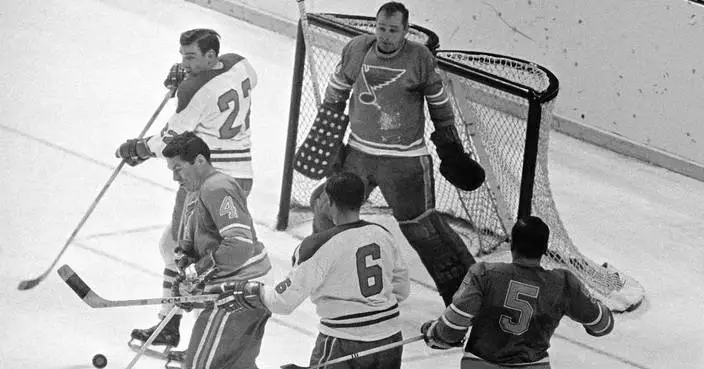
Glenn Hall, whose NHL goalie starts streak may never be broken, dies at age 94
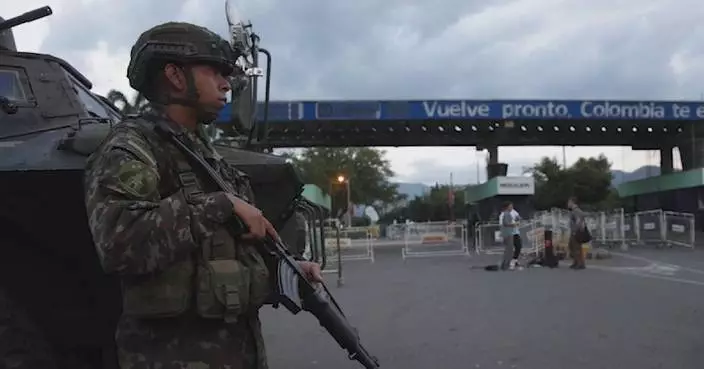
Colombians worry about escalating tensions as government militarizes border with Venezuela
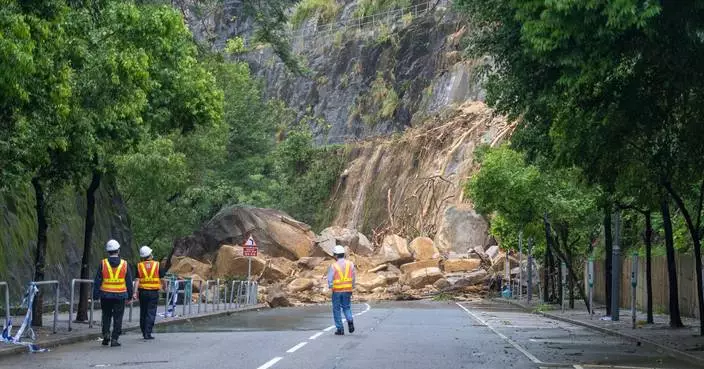
Ombudsman Reports 32 Recommendations for Hong Kong's Landslide Prevention and Government Slope Management Improvements
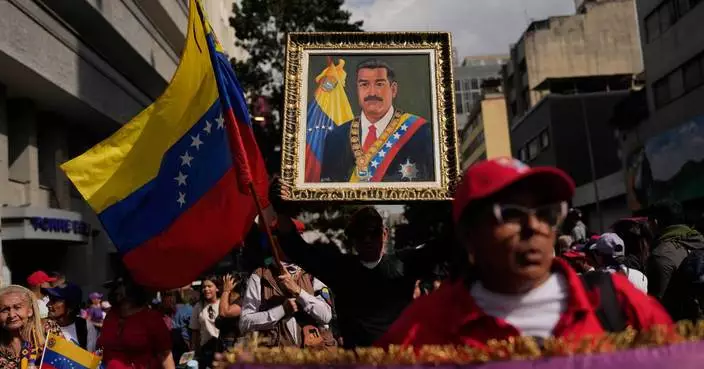
US seeks to assert its control over Venezuelan oil with tanker seizures and sales worldwide

Chris Shula says he's focused on fixing the Rams' defense, not his likely head coaching candidacy
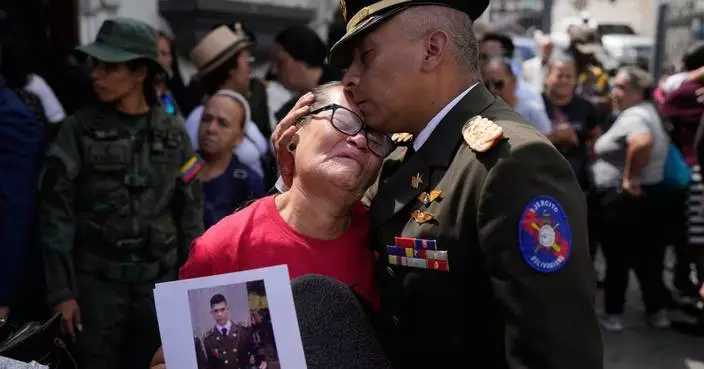
Photos show a military funeral for Venezuelan soldiers killed during US operation

Quickley's 3-pointer at the buzzer sends the Raptors past the Hornets 97-96 for 5th win in 6 games
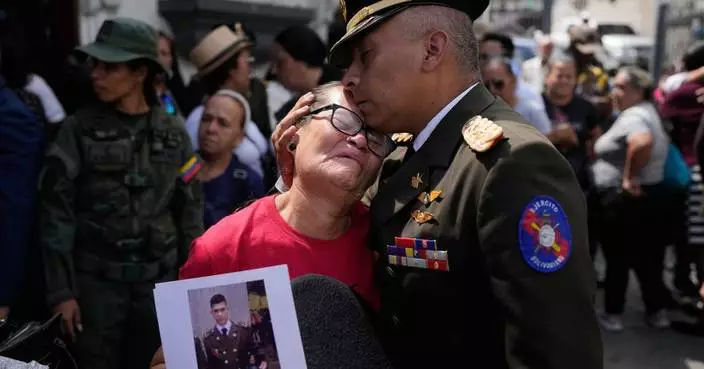
Venezuela's military buries soldiers killed in US operation to capture Maduro

Stars beat the Capitals 4-1 to end their losing streak at 6 games

Murray scores 22 with 17 assists to help Nuggets win 114-110 and snap Celtics 5-game win streak
UN chief says ready to offer good offices to support possible dialogue in Venezuela
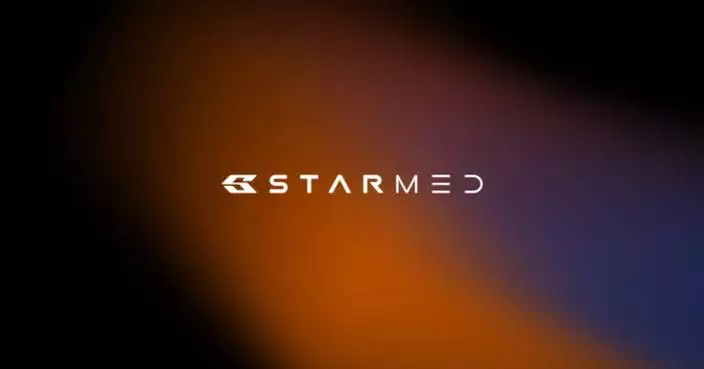
STARMED Unveils New Brand Identity to Drive Global Multi-Modality Strategy

Photos show migratory birds after their arrival at an Indian wildlife sanctuary
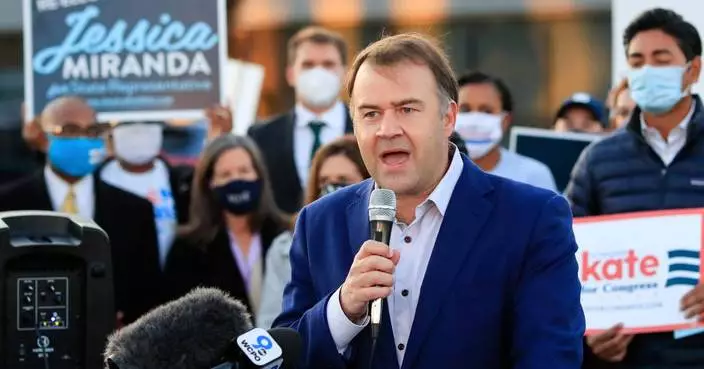
Ohio governor race takes shape as Ramaswamy and Acton pick running mates
Russia condemns U.S. seizure of Russian-flagged oil tanker

Stewart scores career-high 31 points to lead short-handed Pistons past Bulls, 108-93
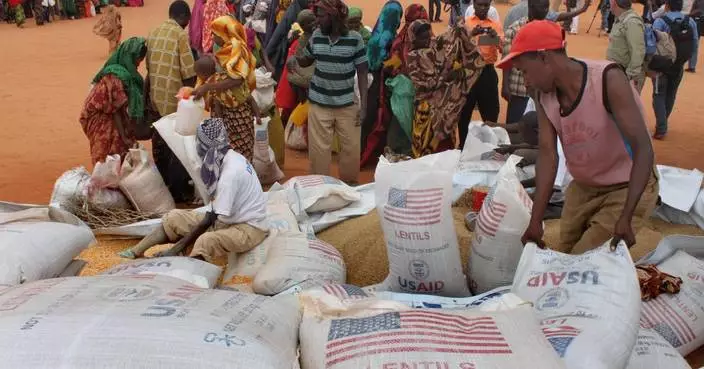
US suspends assistance to Somalia’s federal government, alleging it seized food aid
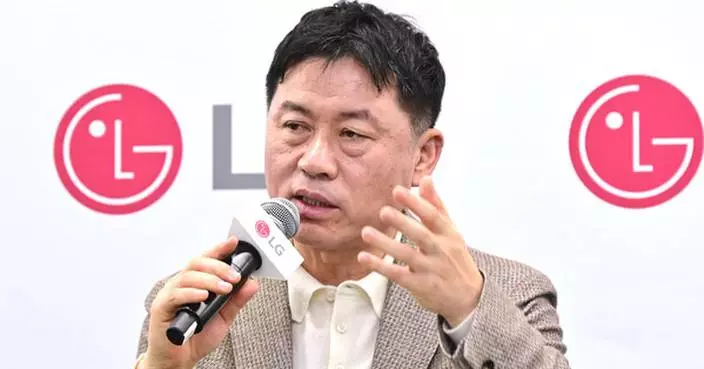
LG ELECTRONICS CEO SETS STRATEGIC DIRECTION FOR PROFIT-DRIVEN GROWTH, PRIORITIZING SPEED AND ACTION

Minneapolis shooting by ICE agent brings debate over police force and moving vehicles back in focus

Figure skater Alisa Efimova's Olympic dream hinges on last-minute U.S. citizenship approval

Seahawks sign LT Charles Cross to 4-year extension. He's expected to return from injury for playoffs
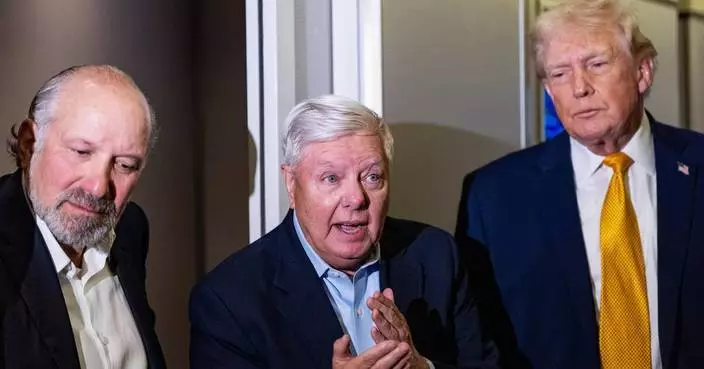
Sen. Graham says Trump has 'greenlit' sanctions bill aiming to punish Russia for war in Ukraine

Spurs' Victor Wembanyama set to play, while Lakers' LeBron James rests
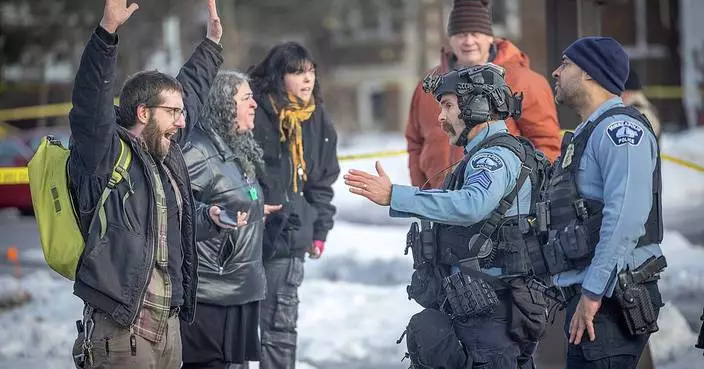
The top photos of the day by AP's photojournalists

1Play and MOONTON Games Introduce First Official M Series Trading Card Collection in Multi-Year Strategic Partnership

Health Bureau Announces Comprehensive Medical Support for Wang Fuk Court Fire Victims in Tai Po.
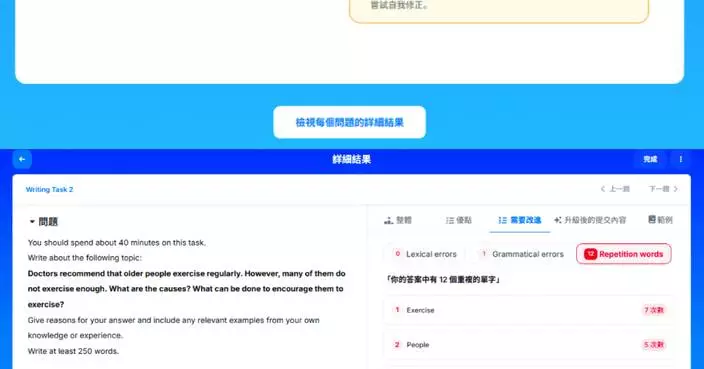
Prep Edu Raises 7M USD to Scale Its AI-Powered IELTS Learning Platform

Packers' Jordan Love believes he's learned from previous playoff disappointments
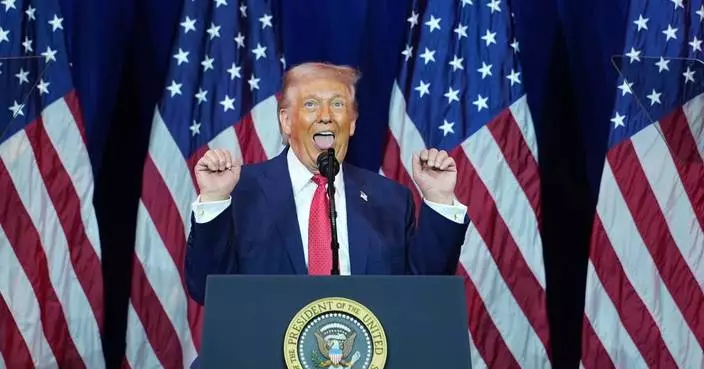
The Latest: Trump exits 66 international organizations in latest retreat from global cooperation
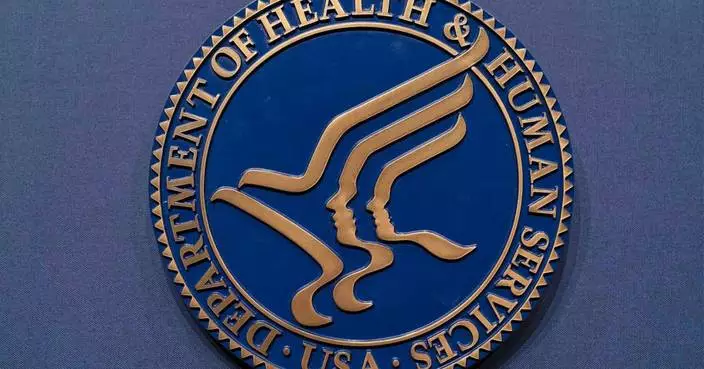
Trump administration funding threats set child care providers and parents on edge
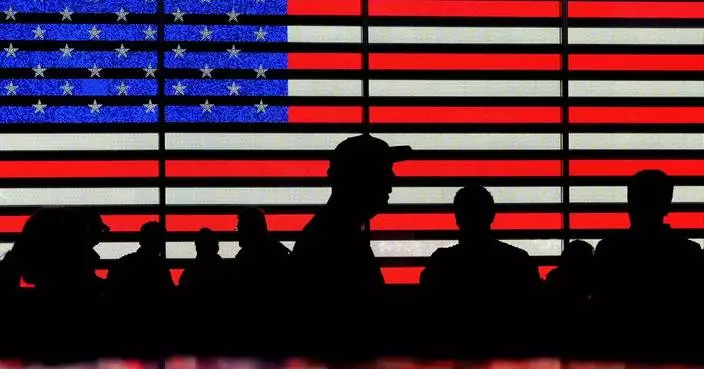
Trump immigration policies and a lower fertility rate slow US growth projection, budget office says
Caracas airport resumes operation amid fear from U.S. strike
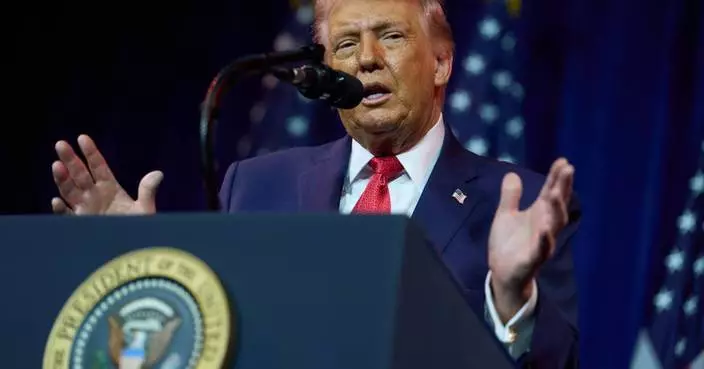
These are the 66 global organizations the Trump administration is leaving
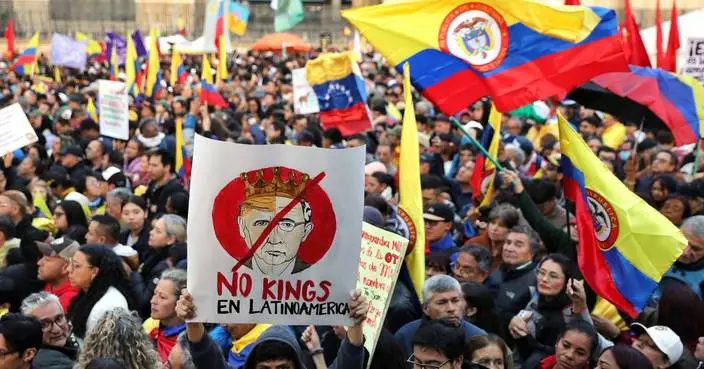
Trump invites Colombian president to White House after threatening his country with military strike

Winter Olympics 2026 guide: All you need to know about the Milan Cortina Games

NFL playoff odds: Multiple road teams favored in unusual wild-card round

Sky Labs Secures CE-MDR for 'CART PLATFORM,' Accelerating Its Global Market Entry
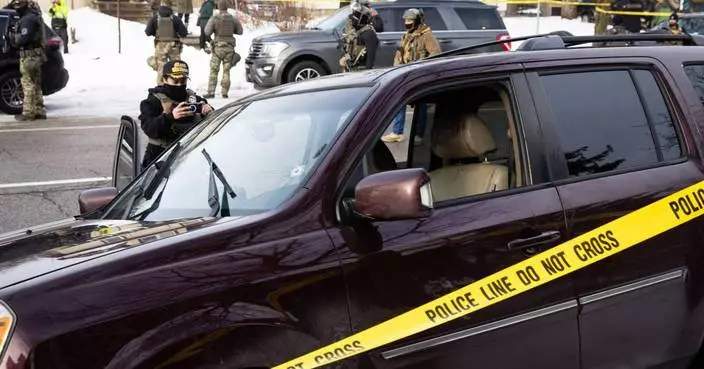
The Latest: ICE officer shoots and kills a woman during Minneapolis immigration crackdown

Attorney for Rob Reiner's son resigns but says his client is not guilty of murder under state law
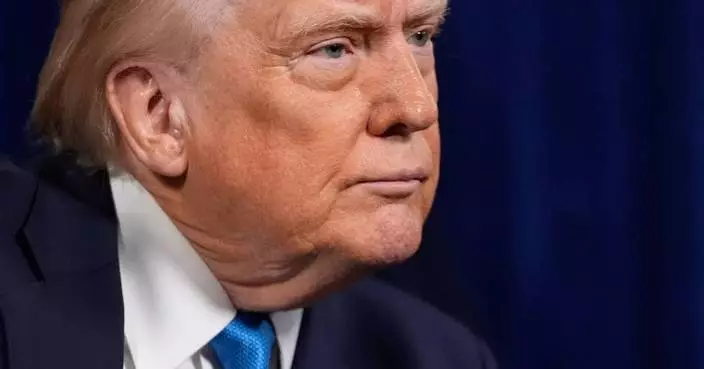
US will exit 66 international organizations as it further retreats from global cooperation


